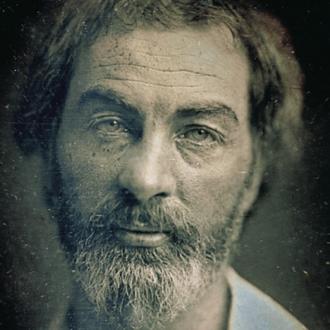Quotes
Phantom arose before me with distrustful aspect,
Terrible in beauty, age, and power,
The genius of poets of old lands,
As to me directing like flame its eyes,
Terrible in beauty, age, and power,
The genius of poets of old lands,
As to me directing like flame its eyes,
Urge and urge and urge,
Always the procreant urge of the world.
Out of the dimness opposite equals advance . . . . Always substance and increase,
Always a knit of identity . . . . always distinction . . . . always a breed of life.
Always the procreant urge of the world.
Out of the dimness opposite equals advance . . . . Always substance and increase,
Always a knit of identity . . . . always distinction . . . . always a breed of life.
All goes onward and outward . . . . and nothing collapses,
And to die is different from what any one supposed, and luckier.
Has any one supposed it lucky to be born?
I hasten to inform him or her it is just as lucky to die, and I know it.
And to die is different from what any one supposed, and luckier.
Has any one supposed it lucky to be born?
I hasten to inform him or her it is just as lucky to die, and I know it.
fb2epub
Drag & drop your files
(not more than 5 at once)

